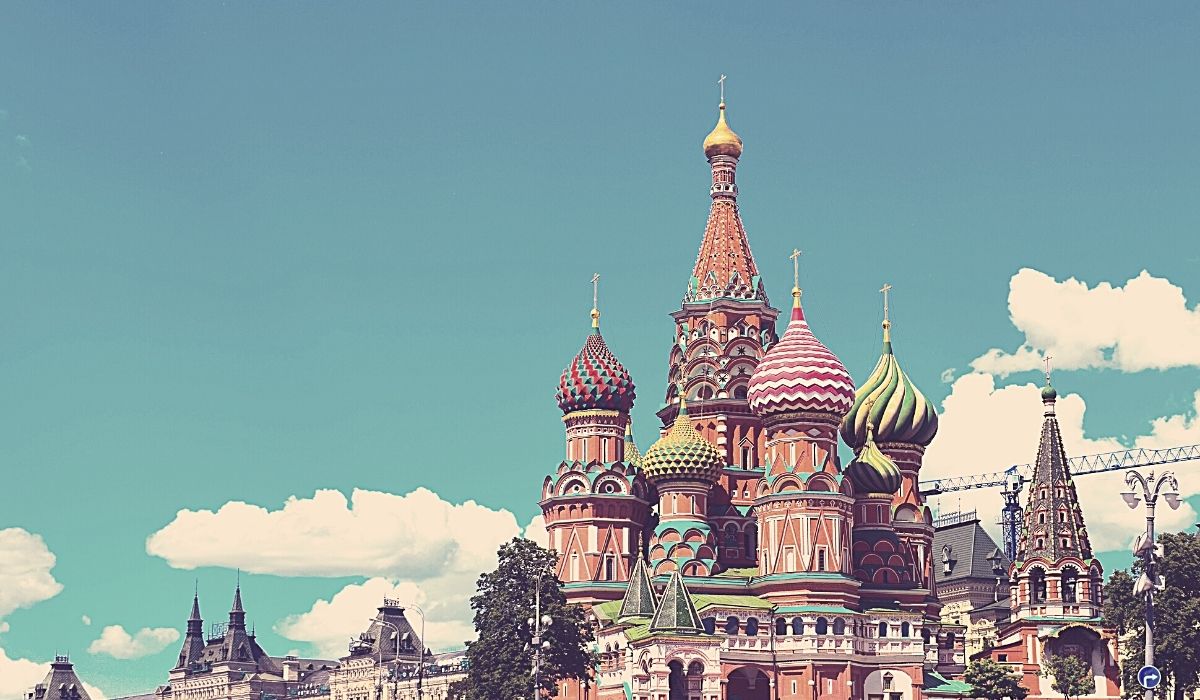The Russian government has announced the intention to introduce further crypto regulation after an agreement between the Central Bank of Russia and the Ministry of Finance. With the accord, the financial authorities end the antagonistic declarations withheld during January 2022.
While the Central Bank wanted to ban cryptocurrencies, the latter was asking for regulation to let the technology develop in Russia alongside the tax collection that never hurts. The tie-breaker was Russian President, Vladimir Putin, suggesting that the Central Bank was not an obstructor for regulation and development of new technologies.
The Kremlin estimates that 12 million wallets are located within their territory, 12% of Russians hold crypto, and the Russian crypto market is worth approximately 214 US billion (16.5 trillion rubles).
A document released by the Russian government recognizes that it is wiser to regulate than nourish a black market for cryptocurrencies amid the increasing adoption. Whether through a new federal law or additions to ongoing legislative changes in the Duma, the Russian government will present further regulatory measures on February 18. Nonetheless, the public document provides an outline of what to expect.
Unlike other regulatory frameworks that treat cryptocurrencies as digital financial assets, the current proposal considers them as ‘currency’. Crypto operations will take place under licences issued to Russian banks, exchange platforms, or other peer-to-peer cryptocurrency platforms that will be required to be Russian legal entities with sufficient capital and liquidity ‘airbags’. The thresholds to consider an ‘airbag’ in capital and liquidity were not yet specified.
The financial entities providing operations and exchanges from crypto to crypto and fiat to crypto will abide by technical integration measures, for instance, utilisation of ‘Transparent Blockchain’ Rosfinmonitoring, the Russian information system platform, making part of the technological import substitution policies and a compulsory ingredient for those willing to operate legally in the country.
Rosfinmonitoring monitors, tracks, and informs about every crypto operation with full identification of senders and recipients. Additionally, it is capable to follow and analyze participants’ behaviour and scans darknet activities in order to prevent money laundering and terrorism financing.
Despite Russia being the third mining country in the landscape with 11.23% of the bitcoin hash rate, the document does not specify regulatory measures for this activity.
More news is expected from the Russian Central Bank which has committed to run the pilot trials of the digital ruble within the first months of 2022.









